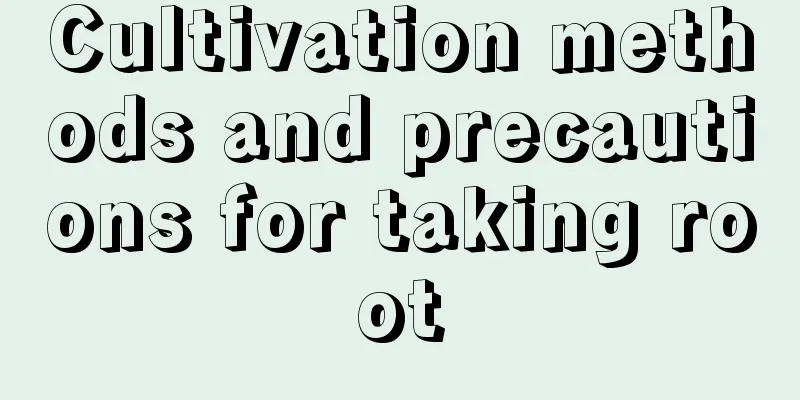What are the cultivation methods and precautions of Ball Orchid?

How to grow HoyaHoya likes warm, humid, semi-shady environment. It has strong adaptability, is relatively drought-resistant, not very cold-resistant, has strong adaptability to soil, grows best in fertile, loose, well-drained sandy soil, tolerates semi-shady environment, and is suitable for maintenance in bright scattered light. The suitable growth temperature of Hoya is between 15-25 degrees, and the wintering temperature is 5 degrees. It is not resistant to high temperatures and will stop growing when the summer temperature is above 30 degrees. If the room temperature is above 12 degrees in winter, the plant can grow normally and grow leaves and flowers. Watering methodHoya likes a humid environment, and the soil should be kept moist. Water it frequently in summer, and spray water on the branches and leaves around noon and in the evening. If the temperature is below 5 degrees in winter, control watering and the soil should not be too moist, otherwise the leaves will easily turn yellow. Fertilization methodHoya is a foliage plant that is relatively tolerant to fertilizer. If there is insufficient fertilizer and water, it will easily become scorched and aged, and the leaves will turn yellow, losing its ornamental value. From late spring to early autumn, apply organic liquid fertilizer every 7-10 days. You can also use organic fertilizer made from eggshells every half a month. Be sure to dilute it with water before use. Pruning methodsDuring the maintenance of the Hoya, the yellow leaves can be cut off at any time, and the pot should be changed once in March every year. The old roots, rotten roots and excess fibrous roots should be cut off, and the old leaves should be removed in May to reduce the loss of nutrients and promote the sprouting of more new leaves and small Hoya. Precautions for Ball Orchid CultivationThere are relatively few diseases and pests for Hoya, and the main disease that may occur is root rot if it is not properly maintained. Fertilizer and water management should be strengthened, watering should be controlled, and it should be maintained in a well-ventilated environment. Regular inspections should be conducted and scale insects should be removed in a timely manner. |
<<: What are the methods and precautions for growing succulents?
>>: Is lily a fruit or a vegetable?
Recommend
The efficacy and function of chrysanthemum
1. Efficacy It has a relatively wide range of eff...
What vegetables are suitable for growing on the shady side of the courtyard?
The shady side of the courtyard is suitable for g...
There are several ways to grow copper coin grass, hydroponic/soil/half soil and half water introduction
1. There are several ways to raise It has a relat...
When and how to change the soil of rubber trees
Rubber tree soil change time It is best to change...
What's wrong with the yellow leaves of the newly planted Monstera?
1. Inadaptability Reason: The newly planted Monst...
How to grow water lilies well
Three ways to grow water lilies Method 1 This is ...
How often should I water my lucky bamboo?
How often should lucky bamboo be watered? Lucky b...
When is the best time to harvest spring peanuts?
Spring Peanut Harvest Time Spring peanuts refer t...
Can hawthorn seeds be planted? Planting time and method
Hawthorn seed planting Hawthorn seeds can be plan...
How long does it take for potatoes to sprout and emerge from the soil? The 5 stages and steps of potato planting
How long does it take for potatoes to sprout? The...
How to grow Rouge Cloud in winter, what to do if the bottom leaves wither
1. How to keep it in winter 1. Temperature contro...
The leaves of Daphne odora turn yellow: causes and remedies explained
1. Reasons 1. Soil alkalinization: Osmanthus frag...
What to do if kumquats don’t bear fruit
Too much water and fertilizer The reason why kumq...
Why doesn't gardenia bloom?
Loved for its fresh fragrance and white flowers w...
The weather is too hot, and the mints are all in a bad mood. If we don’t save them, they will all die!
Whitefly If you find that the mint leaves in your...









